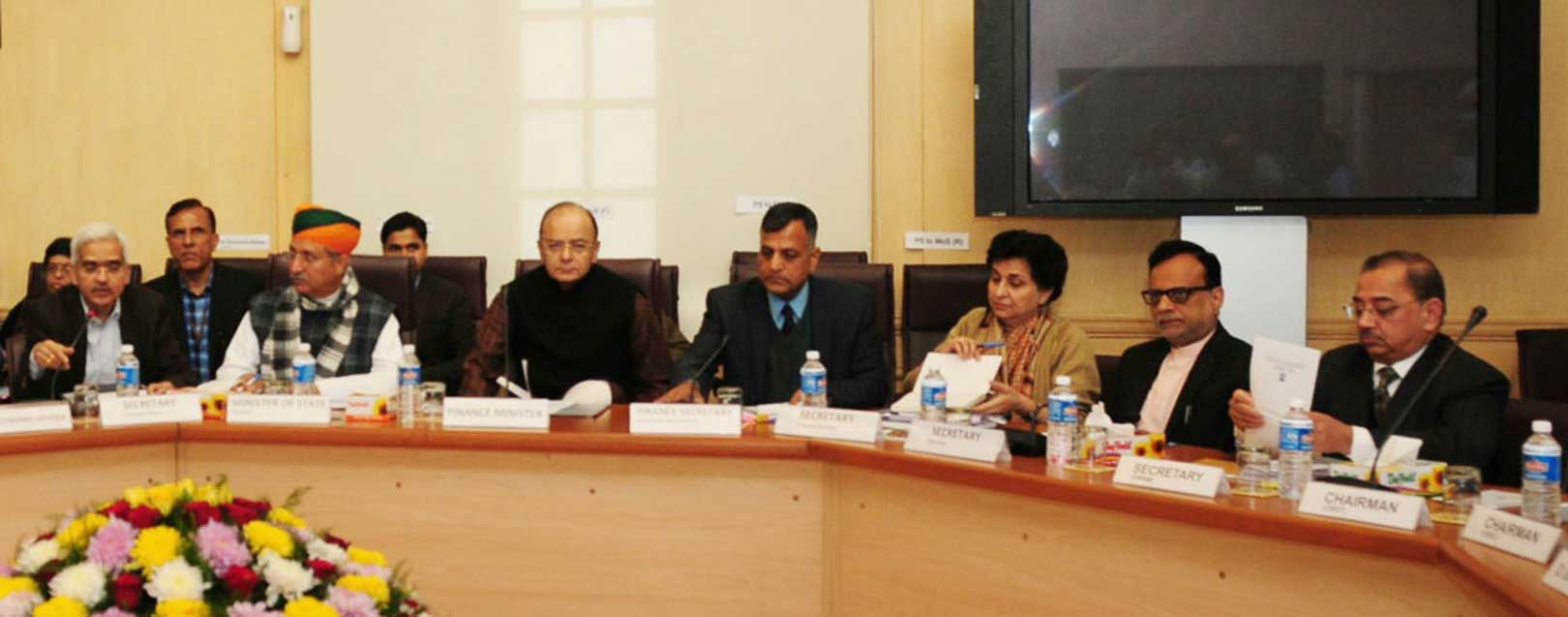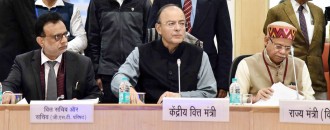
GST rollout, April 1, 2017 a daunting target for Jaitley
Ranjeet Mahtani & Sweta Rajan
The Goods and Services Tax Council (Council) met on December 22 and 23. The Council agreed on most aspects of the structure of the Central Goods and Services Tax and State Goods and Services Tax legislations, save and except some administrative and audit issues. Discussions of the 197 provisions and 5 schedules were carried out almost clause by clause, and concluded.
The two-day meeting was scheduled to discuss the thorny dual control issue, which has been postponed in the past. This issue was not discussed in this meeting as well, and has been kept aside to be taken up in the next meeting (on 3rd and 4th January, 2017).
Another issue that is yet to be debated and concluded is the Integrated Goods and Services Tax (IGST) law which deals with inter-State and cross border transactions. A key aspect in this regard is the definition of ‘State’. Presently, there is no definition for this term in the draft GST legislations. There are indications that the Centre proposes to treat the territorial waters of India (upto 12 nautical miles from the Indian baseline) as Union territory. This treatment may eliminate the State’s ability to tax supplies in such territory, as well as have repercussions on supplies including High Seas Sale transactions, thereby implying loss of revenue for States.
The Council’s meeting also saw the Centre reassuring the States that their loss of revenue as a result of GST would be 100% compensated for a period of five years – as provided for in the Constitution amendment. Some concern has been voiced by States on the levy of cesses by the Centre to generate funds for compensation. It needs to be seen how this concern will be addressed.
The classification of goods across the proposed GST rate slabs is yet to be finalised, and there has been no development on this.
There are various transitional activities which are ongoing pertaining to enrolment / , and the GST network and portal. With the progress made so far, and the proposed meeting early next year, the draft laws are expected to be finalised, to be taken up by the Parliament and passed in the budget session (scheduled to commence in January, 2017). With the various issues to be resolved, April 1st is a daunting target to meet. Nonetheless, the Hon’ble Finance Minister and the Chairman of the Council, Mr. Arun Jaitley has said: “I am trying my best (on deadline of 1 April). I don’t want to hasten the process of discussion and don’t want to delay the implementation.”
The April 1st target leaves little room and time to migrate, and industries and businesses would do well to quickly prepare for the introduction of GST.




-Vertical.jpg)



 to success.
to success.